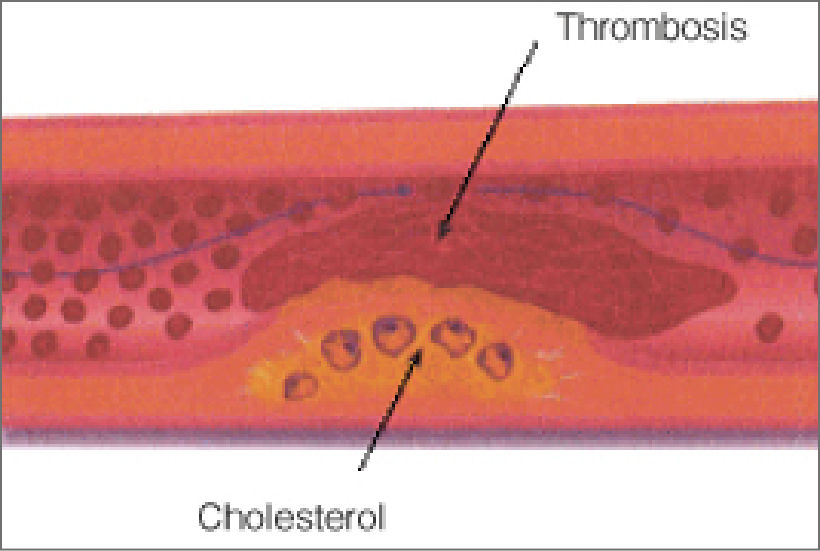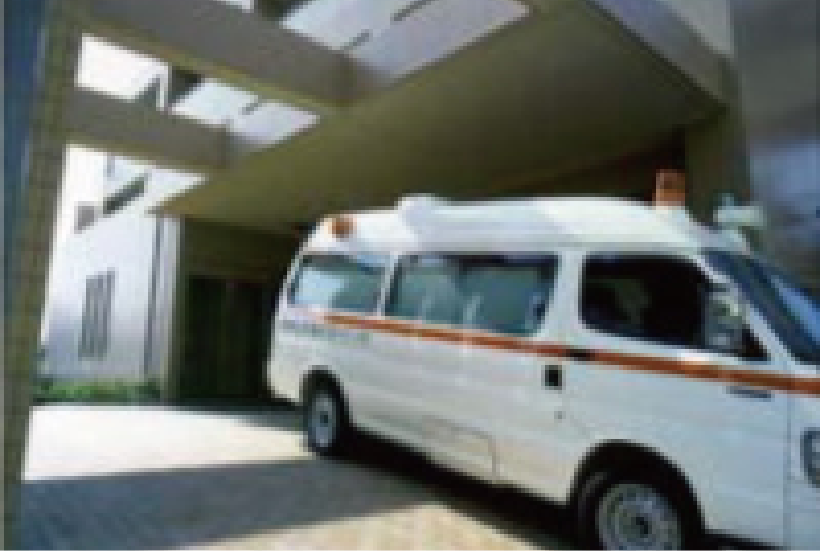- HOME
- Medical Departments
- Cardiovascular Medicine
- About heart disease
Medical Departments
Cardiovascular Medicine
Early detection and 24-hour emergency medical system to protect patients from cardiovascular diseases
Heart disease, one of the major three diseases in Japan, is increasing recently, and is now the second leading cause of death in the country.
Early detection and prompt action are the most important steps in treating heart disease, which directly threatens our lives.
We have placed special emphasis on this field, and now many patients are referred to our facilities by local doctors and doctors of other prefectures.
The Cardiovascular Center can treat cardiovascular diseases with its upgraded functions including the latest Physiological Examination Laboratory, direct connection from ambulances to the Cardiac Catheterization Laboratory, integration of ICU and wards, etc.
About heart disease
Ischemic heart disease is a fatal disease that accounts for most of the heart diseases. It is defined as a cardiac disorder caused by an imbalance between the blood volume required by the heart and the blood volume flowing to the heart. This imbalance occurs when cholesterol is deposited in the coronary arteries and adequate blood volume cannot be supplied. As a result, cardiac muscles cannot receive enough oxygen, causing problems in the heart’s pumping ability. The most common ischemic heart diseases are angina pectoris and myocardial infarction.
Other heart diseases are arrhythmia, which is a disturbance of the heart rhythm and palpitations; cardiac valvulopathy, which causes the malfunction of heart valves; and heart failure, which is caused by weakened heart’s pumping ability and decreased blood volume to the whole body, and leads to palpitations and shortness of breath.
Angina pectoris
The inner side of the coronary artery becomes narrowed due to arteriosclerosis*, and cardiac muscles cannot receive enough blood. As a result, cardiac muscles cannot receive enough oxygen, causing heart-wrenching chest pain and shortness of breath. This condition is called angina pectoris.
Angina pectoris is classified into angina on exercise, angina unstable, and variant angina, according to symptoms.
* Arteriosclerosis is defined as a condition in which cholesterol is deposited in arteries, and the walls of coronary arteries are thickened and hard.
What is angina of exercise?
Angina of exercise is characterized by chest discomfort that usually occurs during exercise (for example, when walking, going up and down stairs, etc.). This discomfort may or may not disappear, but it usually persists for several seconds to 15 minutes. It may also occur due to mental excitement.
What is angina unstable?
Angina unstable is a type of angina pectoris that increases in severity after every attack. If appropriate measures are not taken, it may cause myocardial infarction. Initial angina pectoris is included in this type, and type classification is made according to clinical courses.
What is variant angina?
Variant angina is caused by a spasm regardless of the presence or absence of coronary artery stenosis. This type is often observed in Japanese people, and often occurs from night to early morning.
Myocardial infarction
Angina pectoris is classified into angina on exercise, angina unstable, and variant angina, according to symptoms.

Angina pectoris is classified into angina on exercise, angina unstable, and variant angina, according to symptoms.
We offer 24-hour emergency services.

【Gastroenterological Medicine】
052-362-5151052-353-9105
Kaikoukai Healthcare Corporation,Nagoya Kyoritsu Hospital
1-172 Hokke, Nakagawa-ku, Nagoya-shi, Aichi454-0933, JAPAN